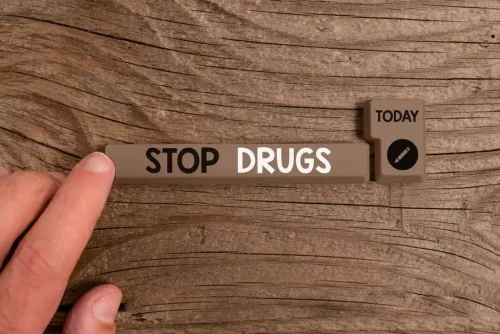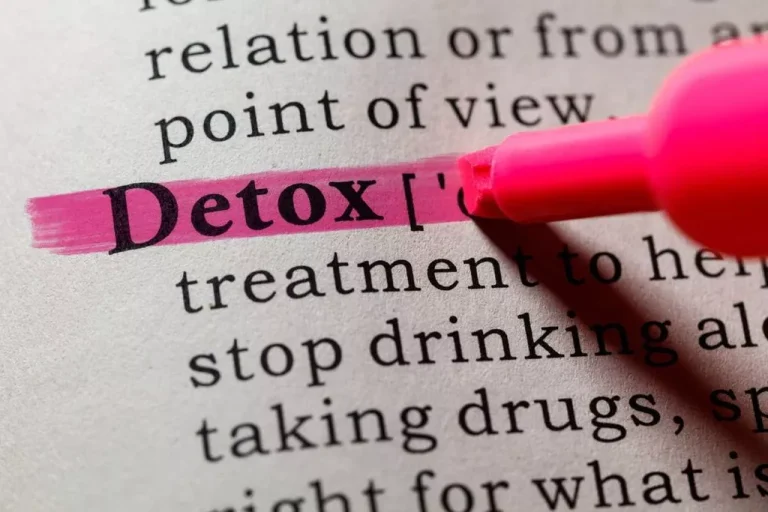
Essentially, when an individual drinks, the brain amplifies certain activities to counterbalance the depressive effect alcohol has on it. When that numbing sensation disappears entirely, the brain is left dangerously overstimulated. Insomnia, anxiety and paranoia — the opposite effects of alcohol — are the expected results. Thus, a user will likely seek out alcohol again to rid themselves of the uncomfortable withdrawal symptoms.

Medications Used When Tapering Off Alcohol
This is particularly true when the symptoms are severe and potentially life-threatening. Abstinence, or total and lifelong avoidance of alcohol, is the best treatment for those who have gone through alcohol withdrawal. Laying it all out in black and white can take time and some serious self-examination. Understanding your habits and your motivations to quit drinking can help you understand the change you’re making in your life and reinforce why it’s important.
- As many as 71% of people who go through alcohol detox experience symptoms of alcohol withdrawal.
- If it’s too hard to control how much you drink each day, weaning might not be the right strategy.
- The exact timeline for alcohol withdrawal varies from person to person.
- Quitting abruptly can be dangerous without medical supervision due to potential withdrawal symptoms.
- Discover why warnings about the negative effects of using substances may not be effective with teens today.
How Is Recovery.com Different?

While tapering off alcohol can be an effective strategy, it’s crucial to seek the guidance of healthcare professionals and personalize the approach to suit individual needs. This way, the process of breaking free from alcohol dependency becomes safer and more achievable. Minor symptoms weening off alcohol of alcohol withdrawal can be overcome with rest and at-home remedies, and it is possible for some people to taper off alcohol without supervision. However, individuals who suffer from alcohol addiction require professional rehab.

Addressing Severe Symptoms
Even if you don’t succeed the first time, there are still plenty of treatment options you can turn to. With these things in mind, it’s important to weigh the pros and cons of tapering your alcohol use to make a fully informed decision. If your health, wellness, and even life may be at risk, quitting alcohol should only be attempted with the help of a medical professional. Tapering is meant to reduce the withdrawal symptoms from quitting alcohol, but this isn’t a guarantee. As mentioned above, many people will still experience some level of withdrawal, just to a lesser degree.

Stopping drinking abruptly can lead to seizures and can even be fatal. Behavioral treatment programs are helpful for people who want to quit drinking. These programs involve working with a team of mental health professionals in a group and individual setting. An alcohol taper is a way to wean yourself off alcohol and avoid withdrawal symptoms. Although all forms of alcohol cessation should be done with medical guidance, tapering your alcohol intake may allow you to self-wean from drinking at home.
How Long Does it Take to Taper Off Alcohol?
- By creating a schedule to monitor your alcohol use you can see just how much of the substance you are drinking.
- Although it is possible to taper your alcohol use alone, professionals highly advise that you seek medical attention.
- As the name suggests, this method involves gradually reducing the amount of alcohol you drink over time, so you consume less and less alcohol each day or week.
- However, doing so without the guidance of a physician, can complicate tapering and ultimately delay when, if ever, sobriety is reached.
- Discover the effects of drug & alcohol use during pregnancy and their risks for mothers and infants alike.
Cautious tapering may take longer than medically supervised detox, but it will help you avoid major health problems. When I was drinking heavily, I had no idea that alcohol withdrawal could be dangerous. Now that I know, it makes sense that some folks are directed by their healthcare provider to taper their alcohol consumption down rather than stopping cold turkey. This is especially true for people who drink heavily or have been drinking for a long period of time. Alcohol dependence causes your body to adapt to the presence of alcohol in your body.


